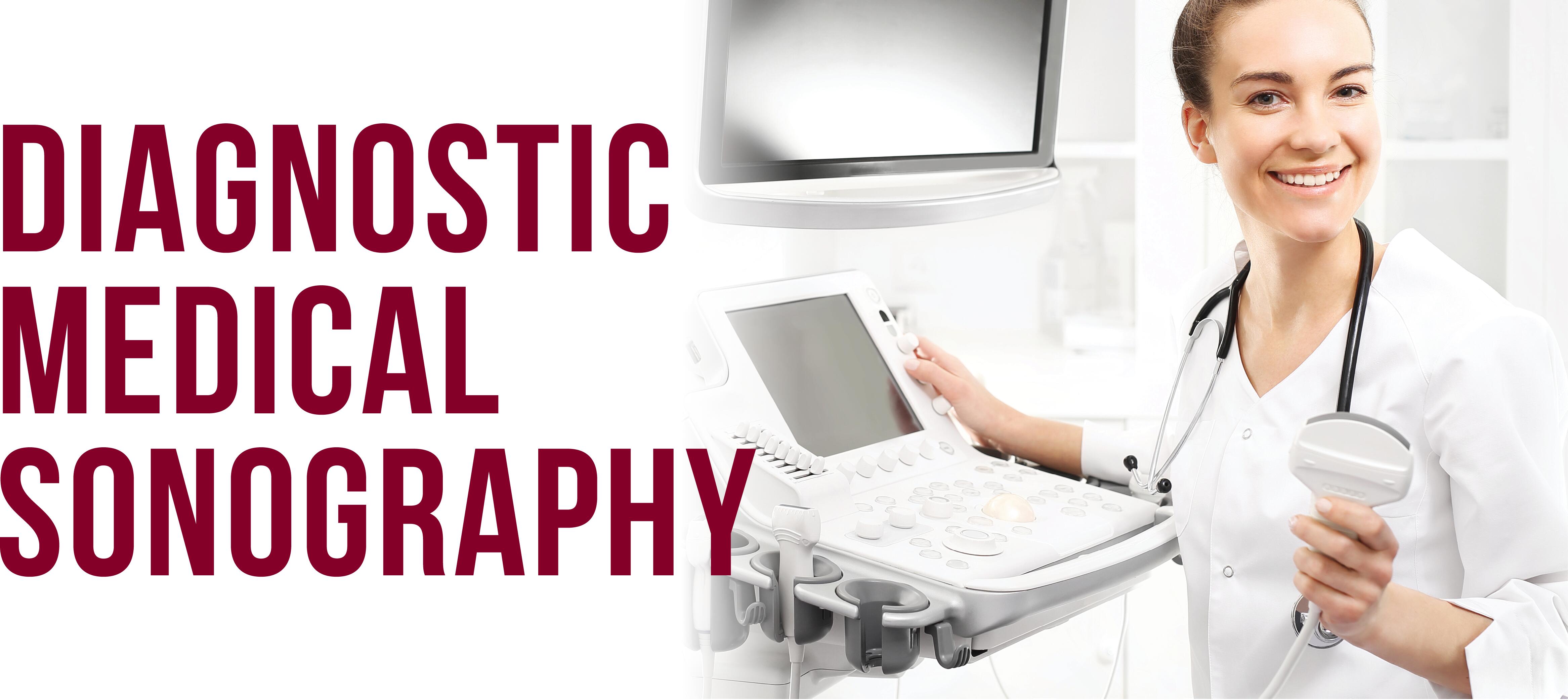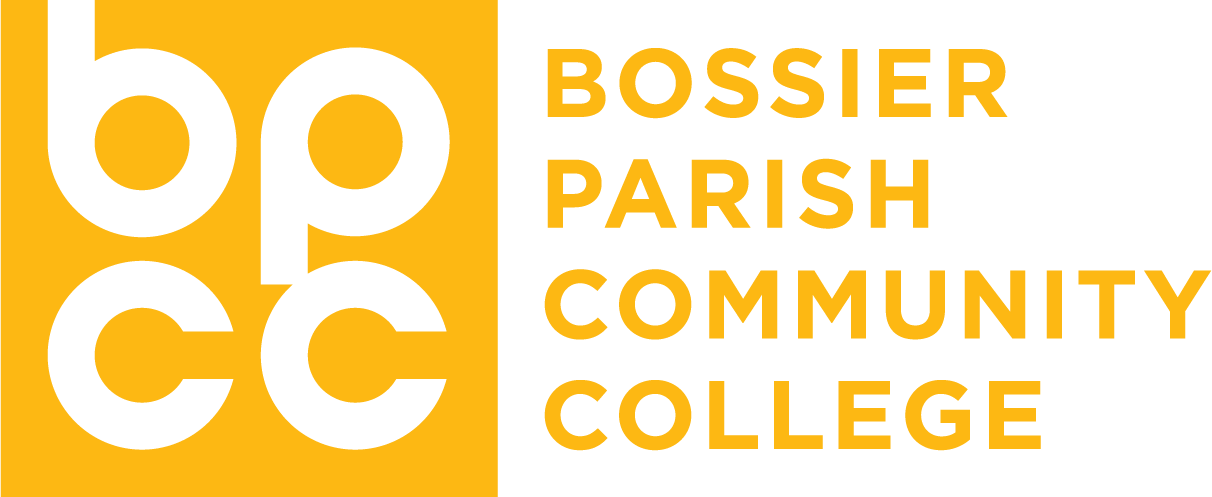
The Associate of Applied Science (AAS) in Diagnostic Medical Sonography is a 62 credit-hour program designed to provide students with the necessary knowledge, skills, values, and competencies for a career in diagnostic ultrasound. The curriculum is based on requirements of the American Registry of Diagnostic Medical Sonography (ARDMS). Graduates will receive an Associate of Applied Science degree in Diagnostic Medical Sonography and will be eligible to take the American Registry of Diagnostic Medical Sonography (ARDMS) exam upon completion of the program.
It is the goal of the BPCC Diagnostic Medical Sonography Program to sufficiently prepare entry-level Sonographers for a safe and competent imaging practice utilizing cognitive (knowledge), psychomotor (skills), and affective (behavior) learning domains for the Abdominal and Obstetrics/Gynecology sonography professions.
Learning Outcomes
- Complete chart review using data collecting skills to analyze and integrate pertinent patient information to facilitate optimum diagnostic results.
- Demonstrate sound judgment in the performance of sonograms by recording, analyzing, and processing diagnostic data and other pertinent information during the procedure.
- Exercise discretion and sound judgment in the performance of sonographic procedures with optimal imaging and accurate documentation to present to the interpreting physician.
- Demonstrate professionalism, legal and ethical behavior, and sound clinical judgment.
- Ensure optimal patient care, patient education, and patient comfort before, during, and after diagnostic procedures.
- Demonstrate interpersonal communication skills with patients, family, and colleagues to promote high-quality care.
Specific Requirements for Program Progression and Completion
The Diagnostic Medical Sonography (DMS) curriculum is sequenced in two phases:
- The first phase consists of a minimum of 25 credit hours of general education curriculum, known as prerequisite courses. Students must complete all prerequisite courses with a minimum GPA of 2.75 and a letter grade of "C" or better by the end of the Spring semester of the application year. (It is important to note that math and science courses must be completed within five years of applying to phase two.) Completing prerequisite courses does not guarantee admission into the second phase of the curriculum, as the admission process is selective and competitive.
- The second phase, called the DMS program, consists of 36 credit hours of classroom instruction, laboratory activities, and clinical fieldwork. It also includes humanities and psychology electives to meet the requirements for an Associate of Applied Science degree and full-time student status for financial aid. Students are required to be in-person on a full-time basis and have reliable transportation during this phase.
Below is the recommended sequence of the required prerequisite courses for the Associate of Applied Science in DMS:
First Semester: 13 Credit Hours
- ENGL 101: Composition and Rhetoric I (Credit Hours: 3)
- MATH 102: College Algebra (Credit Hours: 3)
- MATH 101: Applied Algebra for College Students
- BLGY 230: Human Anatomy and Physiology I (Credit Hours: 3)
- BLGY 230L: Human Anatomy and Physiology Lab I (Credit Hours: 1)
- BLGY 110: Medical Terminology (Credit Hours: 3)
Second Semester: Credit 12 Hours
- ENGL 102: Composition and Rhetoric II (Credit Hours: 3)
- BLGY 231: Human Anatomy and Physiology II (Credit Hours: 3)
- BLGY 231L: Human Anatomy and Physiology II Lab (Credit Hours: 1)
- PHSC 105: Elemental Physics (Credit Hours: 3)
- ALHT 109: Health Care Systems and Safety (Credit Hours: 2)
Click here to see the entire DMS curriculum.
To be considered for the Diagnostic Medical Sonography (DMS) program, students must fulfill the following requirements before applying:
- Complete BPCC's admission requirements, including submitting all official transcripts from previously attended schools or colleges.
- Complete all prerequisite courses with a cumulative GPA of 2.75 or higher and a grade of "C" or higher by the end of the Spring semester of the application year. (Math and science courses must be completed within five years of applying to the program.)
- Score a minimum of 65% on the entrance exam, known as the ATI Test of Essential Academic Skills (TEAS), within one year of applying. Please note that the exam must be taken in-person, and the score is only valid for one year.
- Complete eight (8) hours of observation with a registered Diagnostic Medical Sonographer and record this experience using the DMS Observation Form within one year of applying. Applicants will be asked to provide a narrative about their observation experience and interest in the DMS career.
Meeting the minimum requirements does not guarantee admission to the program.
Selection Process:
If all admission requirements are met, applicants will be considered for the DMS program. The selection process works as follows:
Step 1: Apply
March 1st to April 15th
Interested students must submit the DMS Observation Form and the online application before the April 15th deadline. Applicants will receive an admission score, which is calculated using the following formula: Prerequisite GPA (55%) and TEAS exam score (45%). Please note that only complete applications will be considered.
Step 2: Interview
June 1st to June 10th
A maximum of forty (40) applicants with the highest admission scores will be invited by email for an interview with the DMS Program Admissions Committee. *
Step 3: Attend Orientation
July 1st to July 12th
A maximum of twenty (20) students will be accepted into the program. Selection is based on admission scores, observation narratives, and interviews. After receiving an acceptance letter, students are required to attend and complete the DMS Orientation before starting program courses.
*The number of clinical sites available will determine the number of students chosen for the DMS program. Acceptance and rejection notifications will be sent by email.
Special Requirements and Considerations:
Students selected for the DMS program must be available for daytime, evening, and occasional weekend classes. In addition, based on clinical site availability, students may be required to complete one or more eight-week clinical rotations at an out-of-town facility.
Once admitted into the program, students must pay a clinical fee along with regular tuition for each semester with a fieldwork component. Program students must also provide all required information, including health information, and comply with all program requirements for the clinical component, such as CPR certification, vaccinations, and an active health insurance policy.
- Diagnostic Medical Sonographers
- Diagnostic Medical Sonographer: Job Duties, Outlook and Education Info
| Job Growth (2020-2030) | 14%* |
|---|---|
| Mean Annual Wage (2020) | Overall: $77,790 DMS working in hospitals: $77,510* |
CONTACT INFORMATION
Minnie Hester
Program Director & Instructor
318-678-6106
mhester@bpcc.edu
The Diagnostic Medical Sonography program is currently in the application and review process for accreditation through the Commission on Accreditation of Allied Health Education Programs (CAAHEP) and the Joint Review Committee on Education in Diagnostic Medical Sonography (JRCDMS). Upon completion of accreditation process graduates of the Diagnostic Medical Sonography program will be eligible to sit for the Registered Diagnostic Medical Sonographer industry-based certification issued by the American Registry of Diagnostic Medical Sonography (ARDMS).
